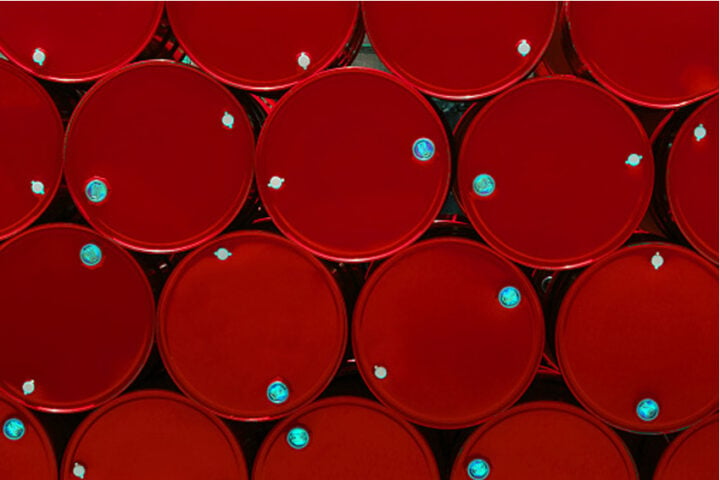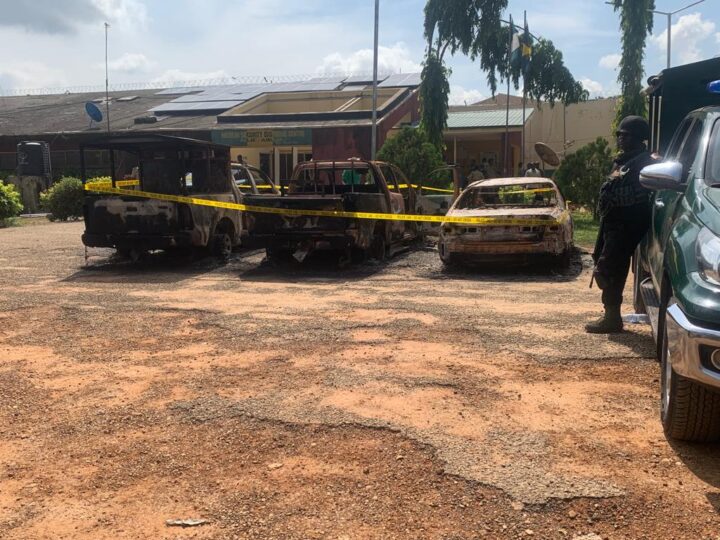Oil prices fell below $100 a barrel amid fears of a global recession outweighed supply concerns.
On Wednesday, Brent Crude, the global oil benchmark, dropped 3.28 percent to trade at $99.40 a barrel — the first time since February 20, 2022.
West Texas Intermediate (WTI) crude plunged 4.21 percent to $95.31 a barrel.
The development comes as Goldman Sachs, on Wednesday, attributed the fall in the price of the commodity to growing recession fears.
Advertisement
A report by Citigroup noted that oil prices could plummet to $65 a barrel by the end of 2022 and further slump to $45 a barrel by the end of 2023 if the global economy experiences a recession that could cripple fuel demand.
“For oil, the historical evidence suggests that oil demand goes negative only in the worst global recessions,” Bloomberg quoted Citigroup analysts as saying.
‘’But oil prices fall in all recessions to roughly the marginal cost.’’
Advertisement
Oil prices have also been affected by a rallied dollar, according to Reuters, which is holding at a 20-year high against the euro and multi-month peaks against other major currencies.
A stronger US dollar usually makes oil more expensive in other currencies, which could curb demand.
“The price action overnight, with both contracts trading in near 15-dollar ranges, hints more at panic and forced liquidation than a structural change in the tight supply-demand situation globally,” Jeffrey Halley, senior market analyst, OANDA, said.
Stakeholders in Nigeria’s oil industry have raised concerns about the soaring price of oil.
Advertisement
In February, when crude oil was about $102 dollars a barrel, Timipre Sylva, minister of state for petroleum resources, said the increase was not good for the country.
Lower oil prices could help Nigeria reduce expenses on the cost of petrol subsidy.
TheCable had reported that petrol subsidy payments gulped N1.27 trillion in the last five months — about 31 percent of the N4 trillion provision for the year.
Advertisement
Add a comment






